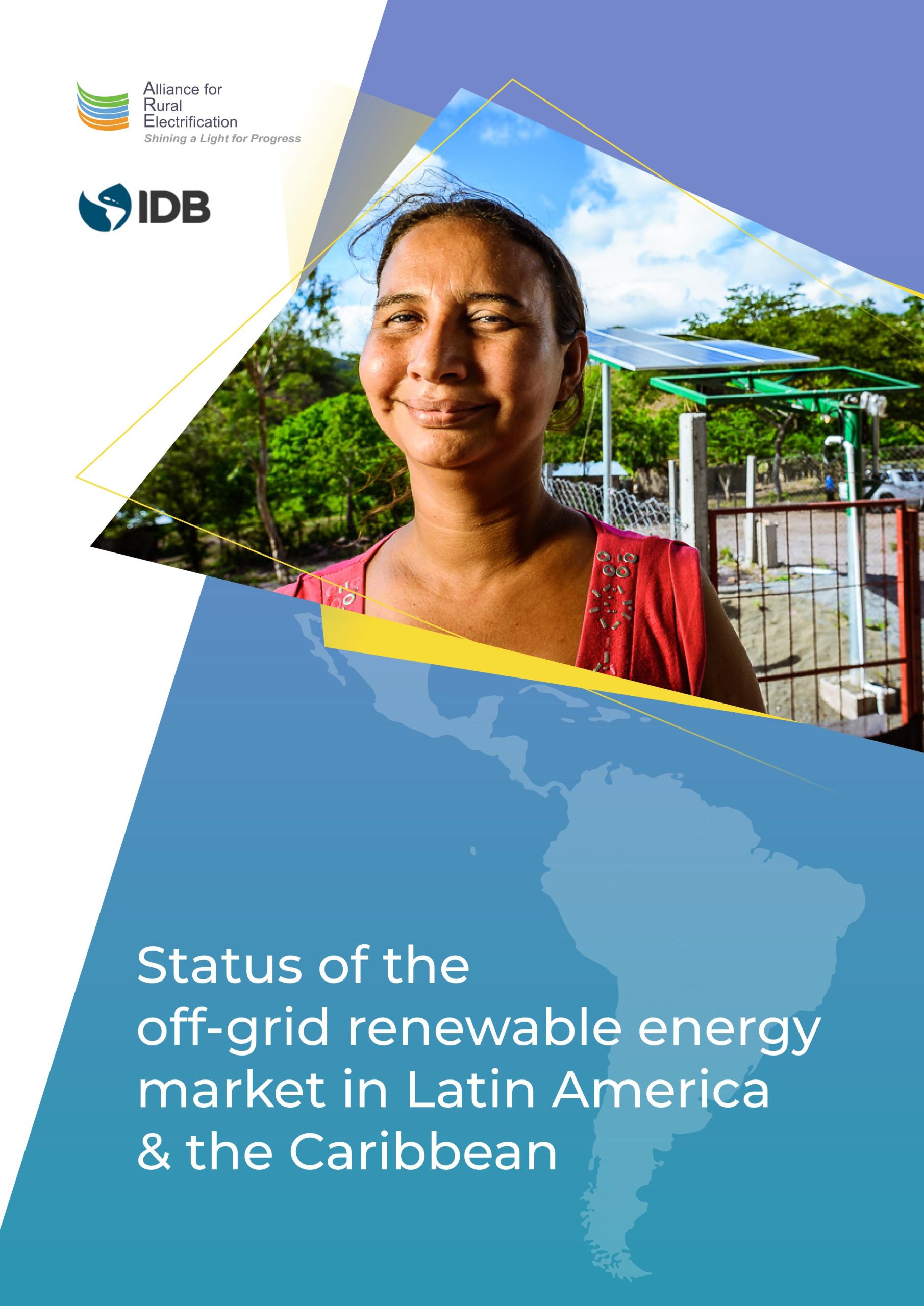Status of the off-grid renewable energy market in Latin America & the Caribbean
In recent years, higher gross domestic product (GDP) and a more equal distribution of economic resources, alongside robust policy and regulatory frameworks and remarkable electrification efforts of the Latin America and the Caribbean (LAC) governments and international funding partners, have been key in powering LAC’s sustainable path towards universal electricity access. Nowadays, the region has achieved a 97% rate of electricity coverage, compared to 52.2% in 1990.
Despite the positive transition, more than 18.1 million people in the region are still not covered by electricity, highlighting a persistent energy access gap in rural areas. In addition, the reliability of the national grid poses serious problems for socioeconomic development and disaster relief, particularly in island states.
The good news is that off-grid solutions are estimated to be the best fit solution to address at least 40% of the electricity access gap in LAC. Out of that, 30% would be mini-grids and the remaining 70% would consist of standalone systems.
In light of the above, ARE and IDB have joined forces to develop a market assessment on the status of the off-grid renewable energy market in the LAC region.
The publication provides international project developers, private investors and funding institutions with key insights into the needs, trends, challenges and opportunities in the LAC off-grid renewable energy market.
The publication consists of four sections:
- Overview of the Regional Off-grid Renewable Energy Market
- Status in Haiti
- Status in Honduras
- Status in Suriname

